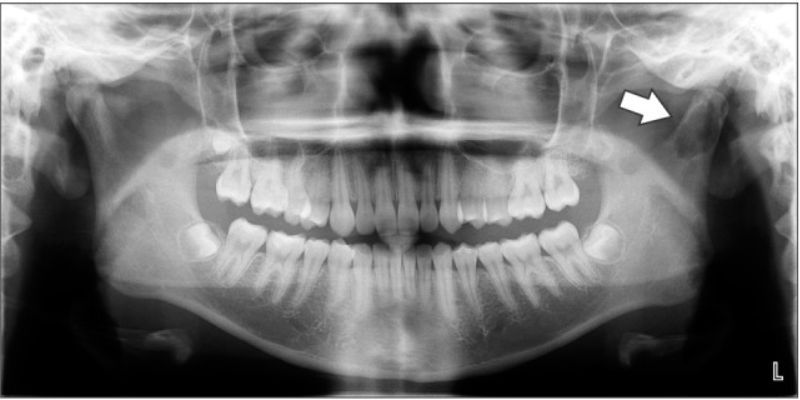Music has the power to evoke a range of emotions and memories within us, which helps explain why so many people have had such favorable experiences with it. But, did you know that music could actually benefit your brain? Recent studies are helping to uncover some interesting findings about how music impacts our physical and mental health –– meaning there could be even more reasons (other than its uplifting influence) for why you should be incorporating it into your life! In this blog post, we’ll dive deeper into why music is beneficial for the brain by exploring what experts are saying about its neurological effects.
How music can boost your mood and energy levels?
From pumping up your workout routine to soothingly unwinding after a long day, music plays a pivotal role in our lives. What you may not know is that music can also serve as a powerful tool to boost your mood and energy levels. Scientific studies have shown that listening to upbeat music can increase dopamine levels in the brain, which in turn leads to a heightened sense of pleasure and motivation.
The rhythm of the music can synchronize with your own heartbeat, setting a pace that encourages you to move and therefore increase your overall energy. With music being such a readily available resource, take some time to create a playlist tailored to your mood or energy needs and see the difference it can make in your day-to-day life.
The link between musical training and improved cognitive abilities:
Musical training has long been associated with improved cognitive abilities, and recent studies have only further cemented this link. Research has shown that children who receive musical instruction exhibit greater language and reading skills, as well as enhanced problem-solving and critical thinking abilities.
The benefits of musical training extend beyond childhood, as studies suggest it can ward off cognitive decline in older individuals and even improve memory and attention span. It's clear that musical training can have a profound impact on the brain, making it a worthwhile investment for anyone looking to improve their cognitive abilities.
How listening to certain types of music can improve focus and concentration?

Have you ever noticed that listening to certain types of music can help you focus? It's not just in your head – studies have shown that music can indeed improve concentration and productivity. The key is to listen to the right kind of music. Classical music and instrumental music without lyrics have been found to be particularly effective in improving focus.
1 . Classical Music:
It's not just background noise ��– classical music has been proven to improve focus and concentration. The complex compositions of classical music require active listening, which leads to increased brain activity and improved cognitive function. It has also been found to reduce stress levels and promote relaxation, which can help with overall productivity.
2 . Instrumental Music:
Similar to classical music, instrumental music can also help improve focus and concentration. The lack of lyrics or vocals allows the brain to fully engage with the music without being distracted by words. This allows for enhanced attention, making instrumental music a great choice for studying or working on complex tasks.
3 . Nature Sounds:
The calming effect of nature sounds has long been recognized, and recent studies have shown that it can also improve focus and concentration. Listening to sounds like ocean waves or bird chirping can trigger relaxation responses in the brain, leading to improved cognitive function and productivity.
These types of music can also help to minimize distractions and drown out background noise. In fact, many people find that listening to music while working helps them to get into a flow state, where they are completely absorbed in their work and able to achieve more than they would otherwise.
How playing an instrument can help to reduce stress and anxiety?
Music has always been a powerful tool to help individuals relax and unwind. Playing an instrument, in particular, can be a valuable way to reduce stress and anxiety. Engaging in musical activities helps to activate the mind, focus attention, and improve mood. When playing an instrument, individuals are able to enter a state of flow where they are completely absorbed in the present moment, forgetting about worries or concerns.
The connection between music and memory recall:
As humans, we are incredibly complex and multi-faceted beings. Our senses, emotions, and thoughts are all interlinked, creating a web of connections that make us who we are. One fascinating connection is between music and memory recall. It's a well-known fact that music can elicit powerful emotions and transport us back in time to specific moments.
But the effect goes beyond simple nostalgia. Studies have shown that listening to particular songs can actually trigger memories that have been buried deep within our minds. This has been particularly helpful for individuals suffering from memory loss or dementia, as familiar music can spur memories and help them connect with their past.
Music therapy as a form of treatment for depression and PTSD:

Music has long been recognized as a powerful tool in improving both physical and emotional health. In recent years, scientists have explored how music therapy can help individuals with depression and post-traumatic stress disorder (PTSD). Unlike traditional forms of therapy, music therapy requires no verbal expression - allowing individuals to communicate their emotions through sound and lyrics.
The Therapeutic Power of Music:
Music has been an integral part of human culture for centuries, but its impact on our health and well-being is often overlooked. From childhood music education to using music as a form of therapy, there are numerous ways in which music can have a profound effect on our lives.
Music Therapy: A Non-Verbal Approach to Depression and PTSD:
Traditional forms of therapy often involve verbal expression, requiring individuals to articulate their emotions and experiences. However, for those with depression or PTSD who struggle with communication, music therapy can be an effective alternative. By using music as a medium of expression, patients can explore their feelings in a safe and non-verbal way.
How Music Therapy Aids in Alleviating Symptoms of Depression?
Depression affects millions of people worldwide, and traditional treatment methods such as medication or talk therapy may not work for everyone. Music therapy has been found to be especially helpful for individuals with depression, as it can provide a sense of comfort and help them process their emotions. It also allows patients to connect with others through shared musical experiences.
Conclusion:
Music holds many surprising and amazing benefits – from increased moods and energy levels to a wide range of cognitive enhancements – that can significantly impact our lives. From taking up an instrument to using music as a means of reducing stress or improving focus, it is clear that the power of music should never be underestimated. Music therapy is also becoming increasingly popular as a safe and effective way to treat depression, PTSD, and other mental health issues.




